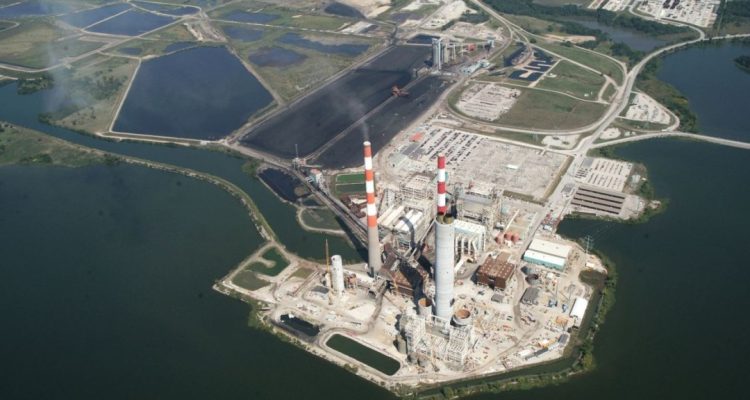The function of a marine structural engineer becomes crucial in the broad field of marine construction, where the elements of water, wind, and waves provide distinct obstacles. These experts not only draft blueprints and plans but also guarantee the longevity, security, and efficiency of marine construction. This essay delves into the field of marine structural engineer and examines the significant influence that their work has on areas beyond just blueprints.
- Acquiring Element Mastery
Structures must survive the dynamic stresses of the maritime environment, which presents a challenging environment for marine structural engineers to operate in. These engineers are experts at taking into consideration the tidal variations, wave motions, and corrosive components that are endemic to marine environments while designing piers, bridges, offshore platforms, or coastal protection structures.
- Guaranteeing Stability and Safety
Safety is the main priority in the field of marine engineering. Even a small mathematical error or design flaw can have disastrous results. To make sure that the finished product is sturdy and resistant to the challenging conditions of the marine environment, marine structural engineers carefully evaluate the stability of structures, taking into account elements like buoyancy, weight distribution, and structural integrity.
- Complying with Environmental Laws
Marine structural engineers are essential in making sure that their designs comply with stringent environmental laws in the modern, environmentally sensitive world. They use environmentally friendly methods, evaluate how structures affect the environment, and work to reduce any possible damage to marine ecosystems.
- Developing for Adaptability
Maritime structural engineers are at the vanguard of innovation, always looking for new approaches to make marine construction more resilient. This entails creating corrosion-resistant materials, creating weather-resistant building designs, and putting cutting-edge technologies into place for upkeep and monitoring in real time.
- Facilitating International Trade and Transit
Marine structural engineers have a great deal more of an impact than just the structures they directly build. The foundation of international trade and transportation consists of the ports, harbors, and navigational structures built by these experts.
- Supporting the Use of Renewable Energy
Marine structural engineers are becoming increasingly important in the development of offshore renewable energy projects as the globe moves toward more sustainable energy sources.
The work of a marine structural engineer extends beyond the world of drawings and into a complex field where environmental stewardship, safety, and innovation come together. These experts not only mold the external environment of our marine constructions, but they also make major contributions to international trade, environmental sustainability, and coastal towns’ ability to adapt to changing weather patterns. The influence of marine structural engineers keeps spreading throughout the oceans as we go into the future, leaving a permanent mark on our globalized society.


